6 questions to ask your healthcare provider about shingles
Learn the answers to who is at risk, who should get vaccinated, and other key shingles questions.
Updated on April 3, 2023

Chances are, you’ve heard of shingles or may even know someone who has had shingles. Also called “herpes zoster” or “zoster,” shingles is a rash of painful sores that typically appears in a stripe or a band pattern on one side of the body. The first symptoms are typically pain, itching, and tingling at the site of the rash. For the first few days, the rash appears as… Show More
Chances are, you’ve heard of shingles or may even know someone who has had shingles. Also called “herpes zoster” or “zoster,” shingles is a rash of painful sores that typically appears in a stripe or a band pattern on one side of the body. The first symptoms are typically pain, itching, and tingling at the site of the rash. For the first few days, the rash appears as fluid-filled blisters that turn into open sores. After seven to 10 days, the blisters scab over, though the rash takes a few additional weeks to clear up completely. The torso is the most common area affected, though shingles can appear on any part of the body.
Shingles is a common condition that affects an estimated 1 million people a year in the United States, and roughly one in three Americans experience a bout of shingles at some point during their lifetime.
Keep reading to learn about risk factors, preventing shingles, and other questions to discuss with your healthcare provider.
Show Less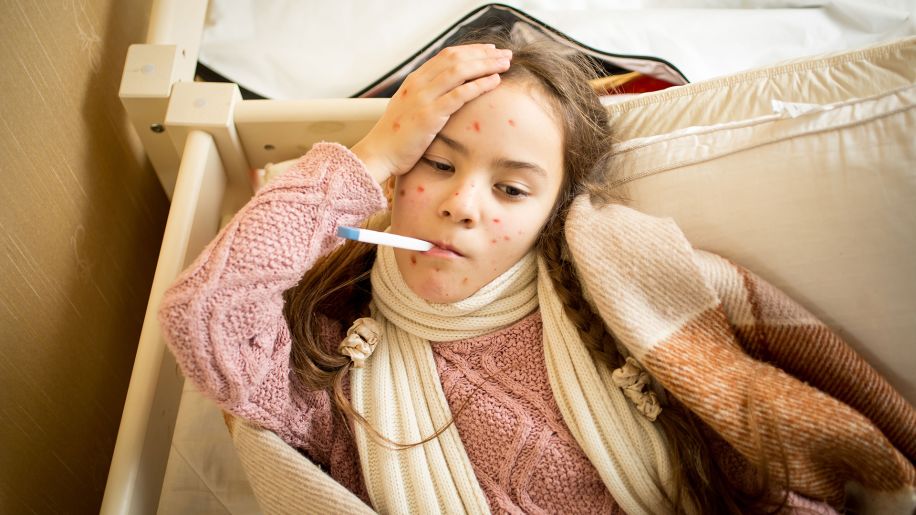
Is shingles the same as chickenpox?
Shingles and chickenpox are different infections caused by the same virus, the varicella-zoster virus (VZV). After a person has chickenpox, VZV remains in the body. The majority of the time, the virus exists in this dormant state where it causes no symptoms, does not actively reproduce, and is not… Show More
Shingles and chickenpox are different infections caused by the same virus, the varicella-zoster virus (VZV). After a person has chickenpox, VZV remains in the body. The majority of the time, the virus exists in this dormant state where it causes no symptoms, does not actively reproduce, and is not contagious. However, often many years later, the virus can reactivate, and when it does, shingles is the result. Published data estimates that over 99 percent of people in the U.S. who are 40 years of age and older have had chickenpox. Some people have chickenpox when they are very young and do not remember it, or had a mild infection and do not remember. Nonetheless, they can develop shingles.
Show Less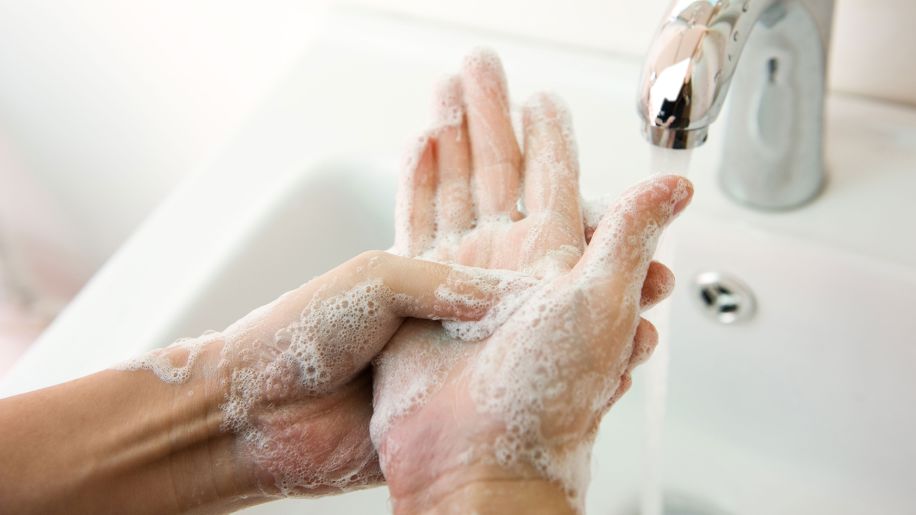
Is shingles contagious?
Shingles itself is not contagious. However, VZV, the virus that causes shingles, can be spread through contact with the fluid inside shingles blisters, and will cause chickenpox in those who have not previously had chickenpox or received the chickenpox vaccine. Once the blisters have crusted over,… Show More
Shingles itself is not contagious. However, VZV, the virus that causes shingles, can be spread through contact with the fluid inside shingles blisters, and will cause chickenpox in those who have not previously had chickenpox or received the chickenpox vaccine. Once the blisters have crusted over, a person is no longer infectious.
People with shingles in the blistering phase should keep the rash covered, avoid scratching or touching the rash, and wash their hands frequently. They should also avoid contact with anyone who has not had chickenpox, as well as pregnant women, infants, and anyone with a weakened immune system.
Those who develop a shingles rash on the upper part of the face (nose and/or eyes) should see an ophthalmologist right away to help prevent further complications, including potential vision loss or even blindness.
Show Less
Am I at risk for shingles?
Anyone who has had chickenpox can develop shingles, though some people are at a greater risk than others. When discussing your risk of shingles, a healthcare provider will take into account your age and your medical history. Shingles infections are most common in people who are over the age of 50,… Show More
Anyone who has had chickenpox can develop shingles, though some people are at a greater risk than others. When discussing your risk of shingles, a healthcare provider will take into account your age and your medical history. Shingles infections are most common in people who are over the age of 50, and risk of shingles increases with age. So does the risk of postherpetic neuralgia, or PHN, nerve pain that persists after the shingles rash has cleared up. This is due to the immune system becoming weakened with age.
Medical procedures, medications, and conditions that can weaken the immune system also increase a person’s risk of having shingles. If you have or have ever had a disease that interfered with immune function (such as leukemia or HIV), have been treated with chemotherapy for cancer, or are taking an immunosuppressing medication, you are at a greater risk of having shingles.
Show Less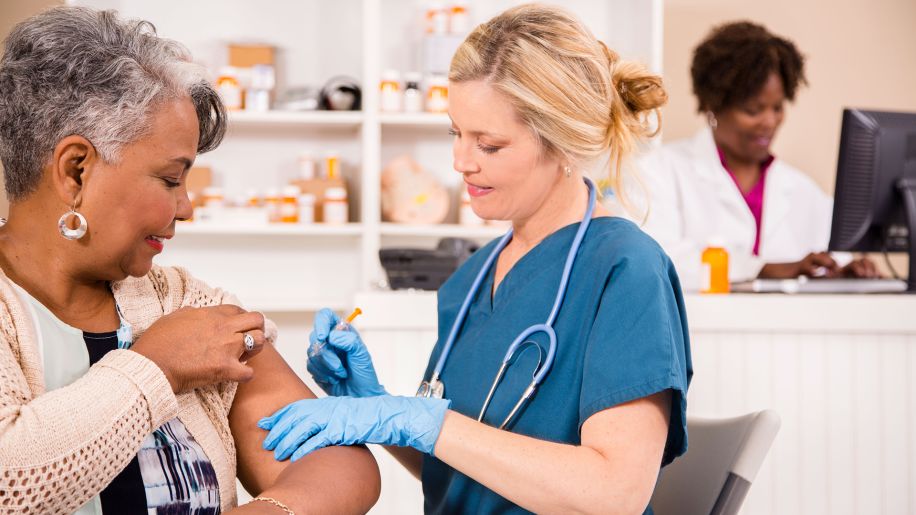
How can I prevent shingles?
If you are at risk for shingles, your next question is likely to be how to prevent shingles. The only known way to prevent shingles is through vaccination. The Centers for Disease Control and Prevention (CDC) recommends that everyone aged 50 and older get vaccinated for shingles. The two-dose… Show More
If you are at risk for shingles, your next question is likely to be how to prevent shingles. The only known way to prevent shingles is through vaccination. The Centers for Disease Control and Prevention (CDC) recommends that everyone aged 50 and older get vaccinated for shingles. The two-dose shingles vaccine is given as separate injections into the muscle of the upper arm, and can be administered in your healthcare provider’s office or at your local pharmacy. Before deciding to get the shingles vaccine you and your healthcare provider should discuss your medical history, any other medications that you are taking, and any known allergies.
Show Less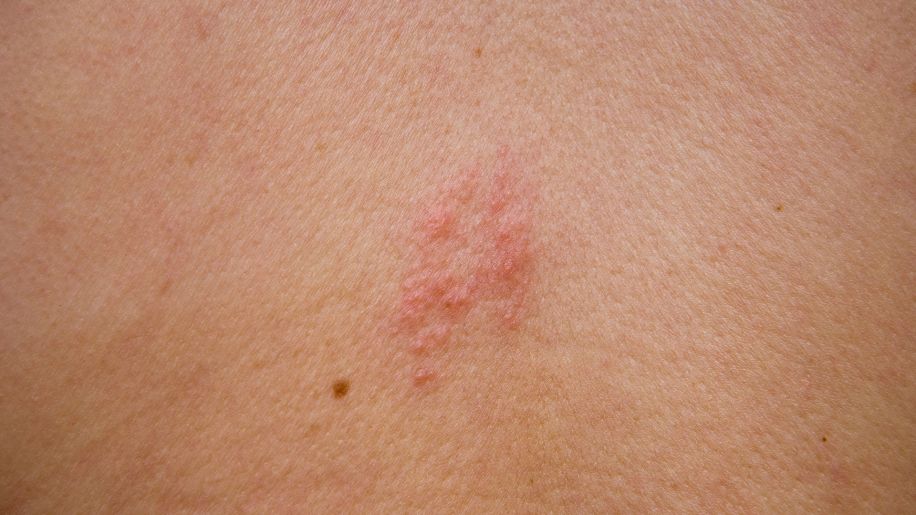
Can you have shingles twice?
If you’ve had shingles in the past, you might be wondering if you can have shingles again, and the answer is yes. While the majority of people who get shingles will have the rash one time and one time only, some patients experience a second bout of shingles. And there are some who even get shingles… Show More
If you’ve had shingles in the past, you might be wondering if you can have shingles again, and the answer is yes. While the majority of people who get shingles will have the rash one time and one time only, some patients experience a second bout of shingles. And there are some who even get shingles a third time.
Healthcare experts do not know the exact rate of recurrence for shingles or why some people get shingles more than once, but the CDC recommendation for the shingles vaccine includes people who have had shingles in the past. Getting the shingles vaccine can lower your risk of getting shingles again. It can also reduce the chances of developing PHN, and lessen the severity of PHN if it does occur.
Show Less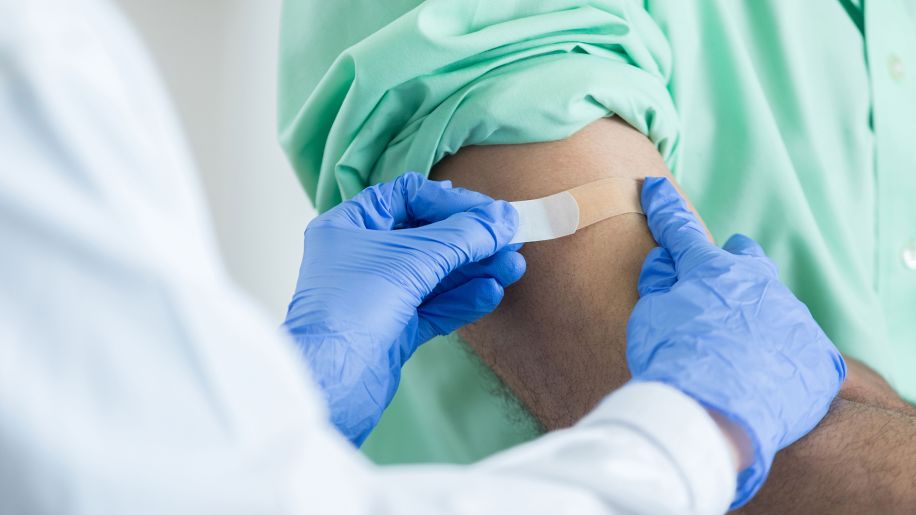
Do you need an updated vaccine?
The first shingles vaccine became available in 2006 and was discontinued in 2020. A newer vaccine was approved by the Food and Drug Administration in October 2017 and became the preferred vaccine because it was shown to be more effective at preventing shingles. If you received the earlier version… Show More
The first shingles vaccine became available in 2006 and was discontinued in 2020. A newer vaccine was approved by the Food and Drug Administration in October 2017 and became the preferred vaccine because it was shown to be more effective at preventing shingles. If you received the earlier version of the shingles vaccine, the CDC recommends getting the updated vaccine, as this will offer you more protection against shingles.
Show Less
Centers for Disease Control and Prevention. Vaccines and Preventable Diseases: Shingles Vaccination. Reviewed May 24, 2022.
Centers for Disease Control and Prevention. Shingles (Herpes Zoster): Clinical Overview. Reviewed October 5, 2020.
Merck Manual Consumer Version. Shingles (Herpes Zoster). Modified September 2022.
Mayo Clinic. Shingles. August 20, 2022.
Centers for Disease Control and Prevention. Shingles (Herpes Zoster): Signs & Symptoms. Reviewed July 1, 2019.
Harvard Health Publishing. Shingles can strike twice. Will the shingles vaccine help? September 16, 2019.
Centers for Disease Control and Prevention. What Everyone Should Know about Zostavax. Reviewed October 5, 2020 (archived).
U.S Food & Drug Administration. BLA Approval (letter). October 20, 2017.
Featured Content
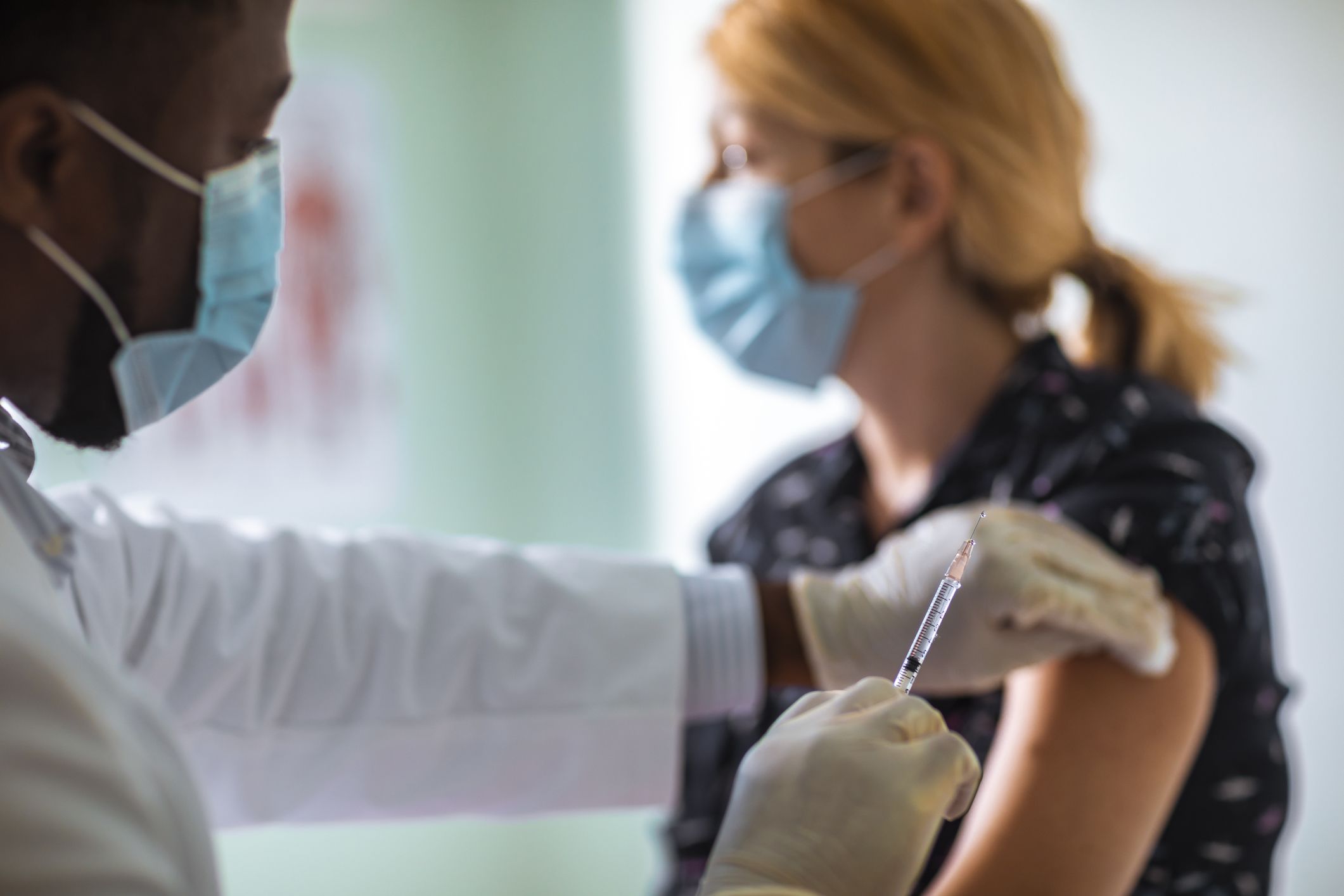
article


video

article
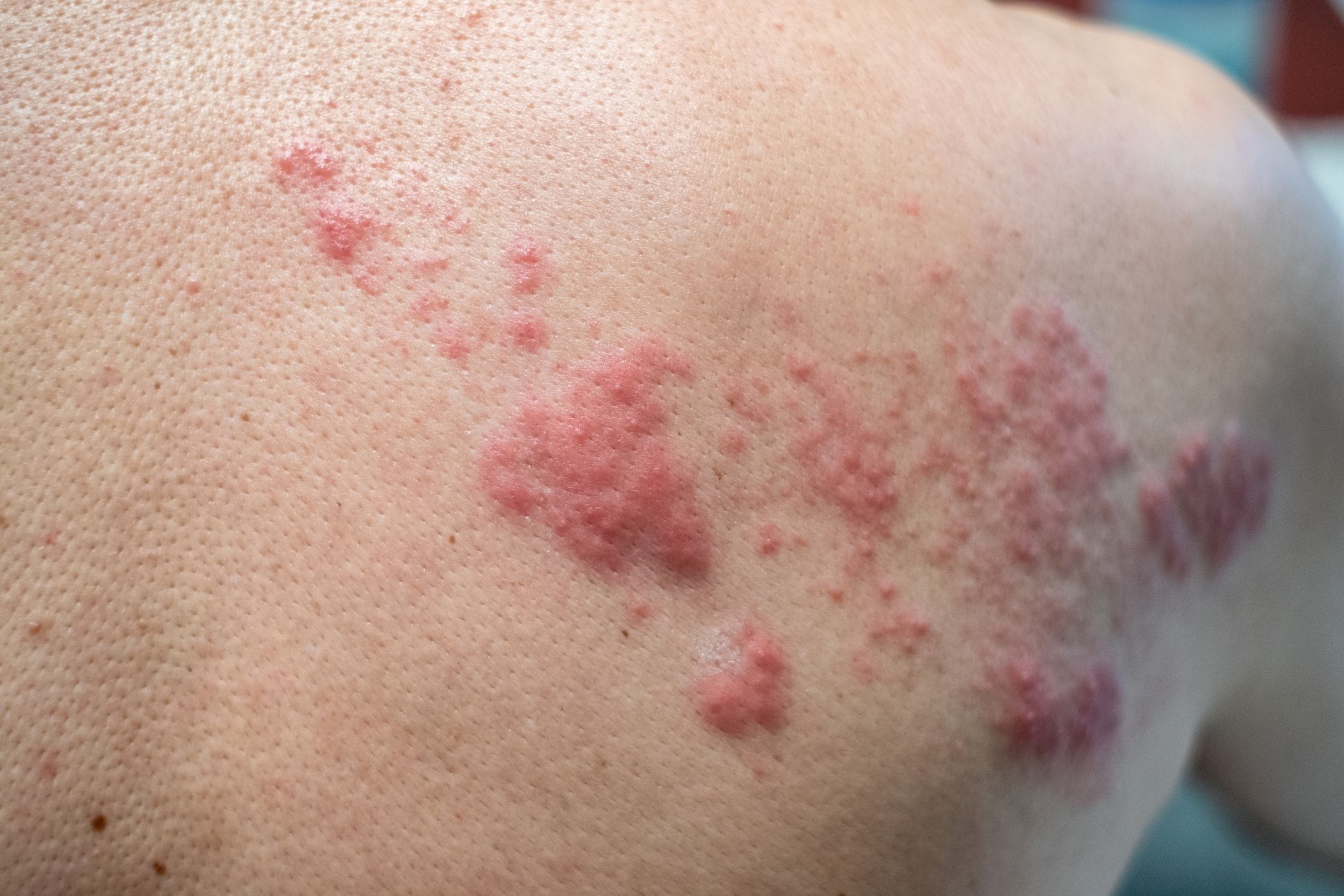
article


video
